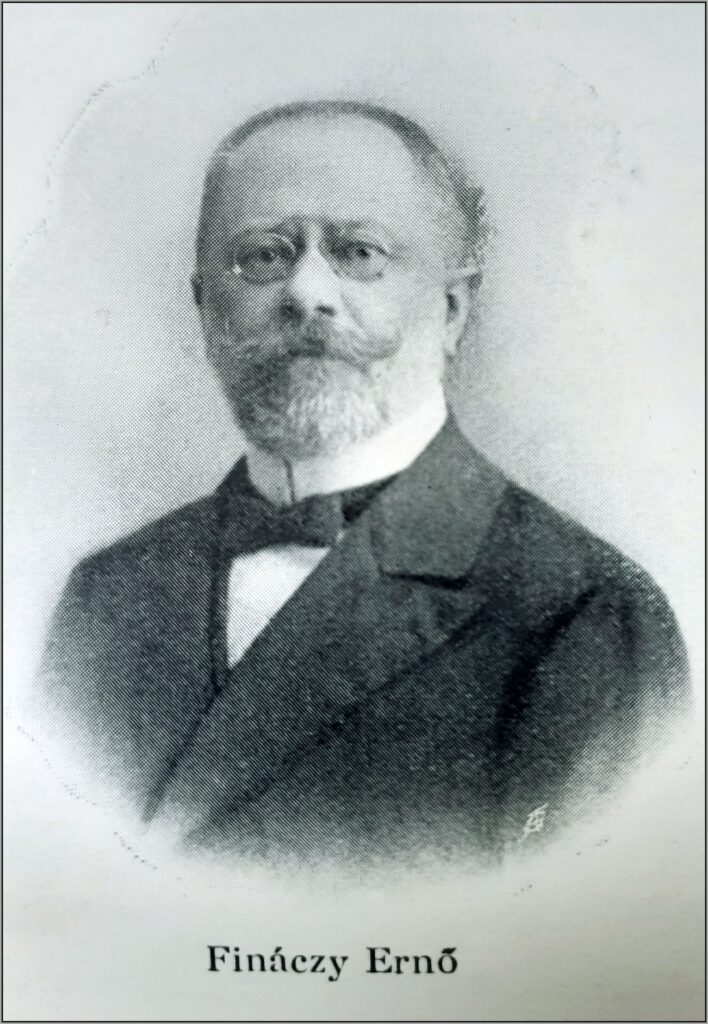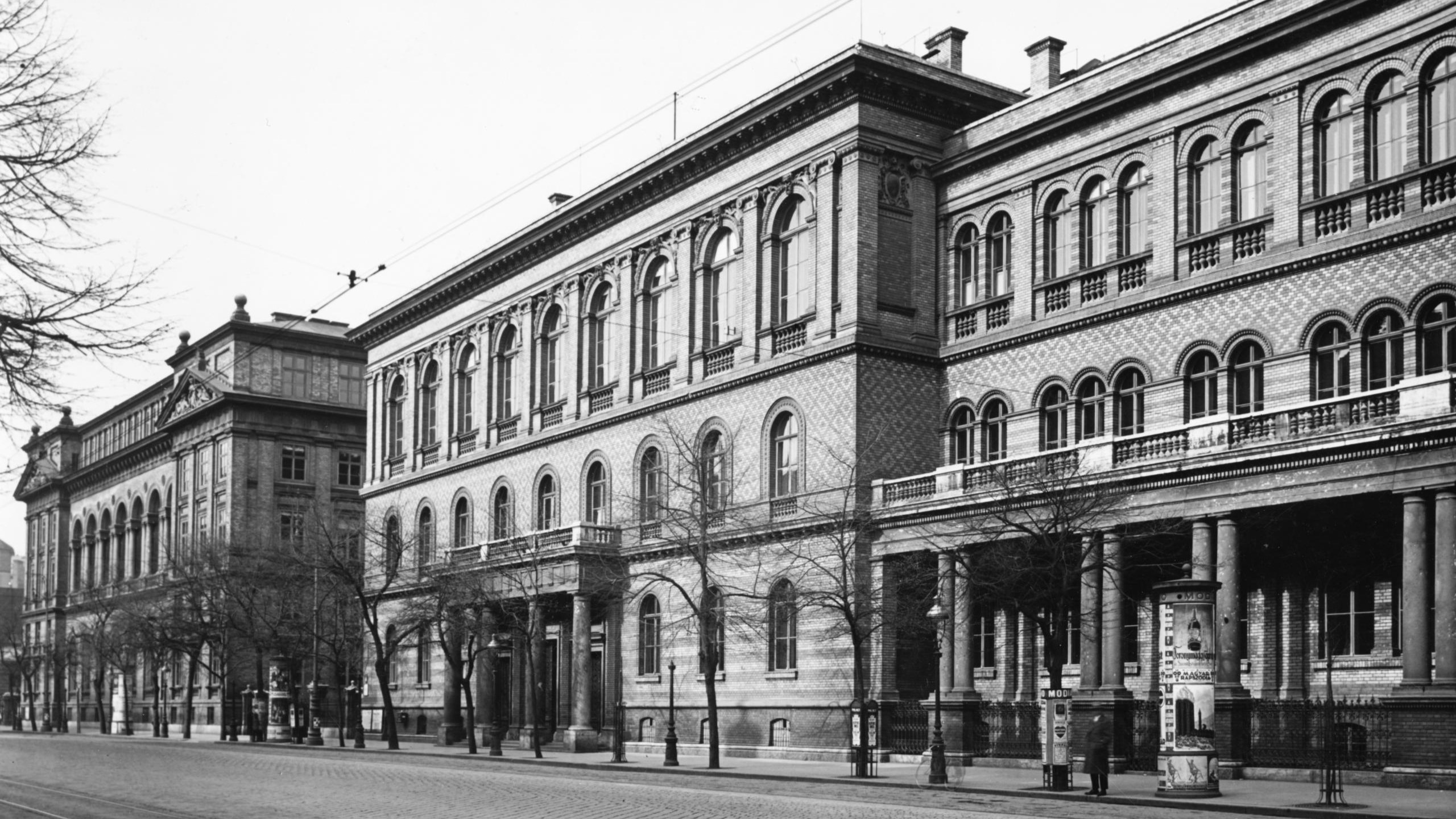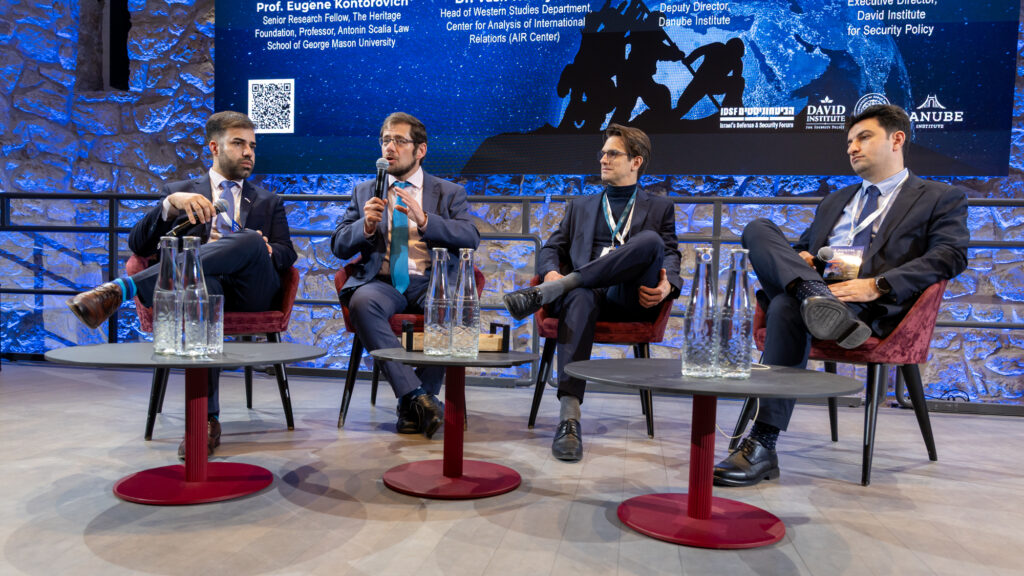The article is a product of the project titled Conservative Case in Education, supported by the Mathias Corvinus Collegium Learning Institute.
‘Only monotheism can have a permanent educational effect,’ Ernő Fináczy claimed—a statement that would likely provoke controversy in the 21st century. Yet, in early 20th-century Hungary, this assertion from a well-known professor was accepted as common sense. Among Hungarian conservatives in education during the 20th century, Ernő Fináczy’s name stands out. A prominent educator and university professor, he taught many future teachers and shaped generations of thought on pedagogy and education.
Ernő Fináczy (1860–1935) lived and worked during a tumultuous period in Hungarian history, one that included the First World War, the Treaty of Trianon—which resulted in Hungary losing nearly two-thirds of its territory—and the onset of the Great Depression. Renowned for his university lectures on didactics and the history of education (the former published posthumously by his students), Fináczy also authored several books on the history of pedagogy.
This article offers an overview of Ernő Fináczy’s life, along with his views on pedagogy and the broader purpose of education.
His Life
Fináczy was born in Buda in 1860 into a family of chief financial officers. After completing his elementary and secondary education, he earned a university degree in 1880 to teach Latin and Greek. Between 1881 and 1885, he taught in secondary schools, after which he began working at the Ministry of Religion and Public Education, focusing on secondary education policy.
In 1891, Fináczy was appointed to the National Council for Public Education—the highest educational authority in Hungary—where he contributed to reforms in curricula, examination regulations, and broader educational policy.
‘Fináczy…played a key role in modernizing Hungarian education’
He later succeeded his own mentor, Ágost Lubrich, as Professor of Pedagogy at the University of Budapest. For nearly three decades, he taught educational theory, didactics, and the history of education until his retirement in 1930.
Fináczy also played a key role in modernizing Hungarian education. In 1924, he assisted Minister of Education Kunó Klebelsberg in drafting legislation that created a new type of secondary school (reáliskola), intended to reform education in postwar Hungary. As head of the Hungarian Pedagogical Society, Fináczy helped shape contemporary debates on elementary and secondary school reforms, final exams (matura), and regulations.
Toward the end of his life, Fináczy permitted his students to publish his lectures on didactics, though he died before seeing them in print.

His Work
Fináczy’s pedagogical philosophy placed a strong emphasis on moral development. He believed that the highest goal of the individual—and, by extension, the nation—was to become more morally upright. His main influence was Johann Friedrich Herbart, whose approach to pedagogy integrated instruction with moral care. However, Fináczy was not uncritical of Herbart: he disagreed with certain views, especially those concerning the role of the curriculum, and took issue with the rigid interpretations of Herbartian ideas by later figures such as Tuiskon Ziller.
‘In his view, the history of education demonstrated the gradual moral progress of humanity’
Fináczy was also a respected historian of education. He wrote five major books spanning the history of pedagogy from antiquity to the 19th century. His works, known for their extensive source material and clear structure, became widely used academic resources. He believed studying the past was essential not just for the educated public but especially for teachers—so they would not be swayed by fashionable but shallow innovations or experimental trends. In his view, the history of education demonstrated the gradual moral progress of humanity.
His lectures on didactics—carefully transcribed and edited by students—were published in two volumes after his death, in 1935 and 1937.
Ernő Fináczy devoted much of his life to education and pedagogy. Through his teaching and his writing, he provided future educators with both a historical foundation and a moral compass. His books became essential reading for generations of university students.
‘He believed in men, he believed in the ideals and values sanctioned and guaranteed by the thousands of years of public consensus of humanity,’ wrote István Mészáros in 1984. These words capture the essence of Fináczy’s life’s work. His contributions to Hungarian education were immense, and his scholarship on the history of education remains without parallel.
Related articles:







